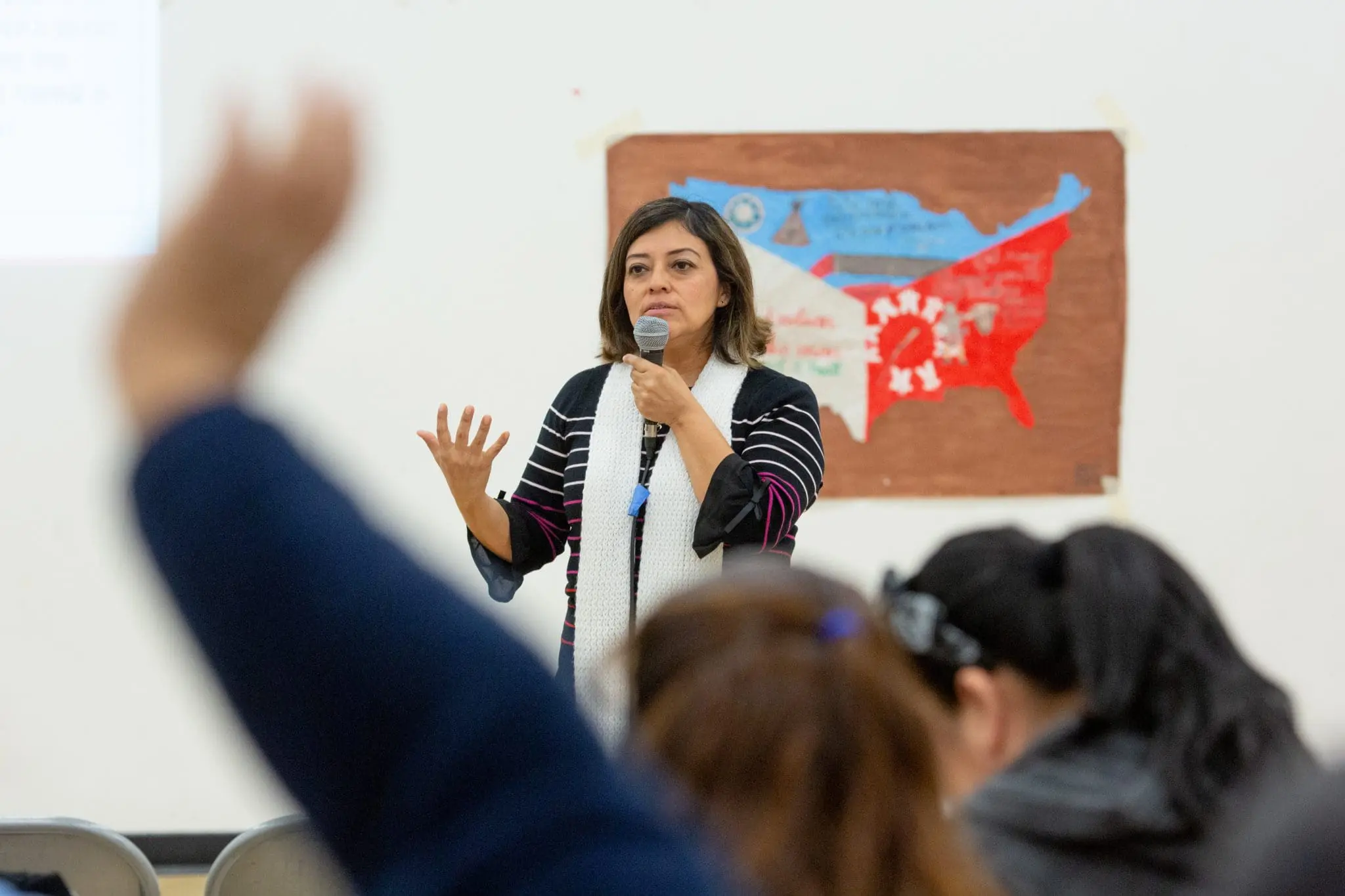Engaging parents in their children’s learning experience has become so prominent in conversations about student success that many schools and districts place it at the top of their priority lists. Recognizing the importance of sharing information with families and getting them involved is a great foundation, but what does this mean for student data?
DQC polling shows that parents want better access to their children’s data, and in many ways, they’ve been getting it. Families are already familiar with many sources of education data, like take-home notices, report cards, and parent/teacher conferences, and there has been growing availability to local parent portals for them to directly access data. Plus, states are continuously providing useful information about students and schools, particularly with increasingly robust report cards.
But making data available is only the first step.
When it comes to communicating with parents, providing data cannot be the end of the conversation. Parents will not use data they don’t trust or can’t make sense of, and education leaders must work intentionally to provide supports to parents so that they have knowledge about what the data means, as well as methods to effectively use that data to support learning goals outside of the classroom.
This means taking data about student learning and building it into meaningful tools that can be used directly by families at home. Such tools can provide actionable information that truly helps parents make decisions. This can look as simple as understanding where their student struggles in the classroom, or as complex as helping their high school graduate understand the postsecondary pathways available to them.
With the right supports, parents can be savvy data consumers who actively engage with their students’ data. In many places around the country, school leaders are already taking creative measures to bridge this gap between simple communication and engagement:
- Schools in New York have replaced traditional parent/teacher conferences with Student-Led Conferences in which students are given charge of the meeting to explain various aspects of their coursework to parents, including learning goals and areas of struggle.
- Nashville aims to support parents with “data chats,” direct conversations between parents and teachers, with the goal of mitigating gaps in parent understanding of data and its applications, both in and out of the classroom.
- Washington, DC, implemented a report card website with stakeholder engagement goals at the forefront of design. During its implementation, leaders created opportunities for families to provide feedback and held space for communities that have been historically left out of large-scale decisionmaking to share their needs and interests.
- A school in Colorado intentionally includes the building of trust and relationships with families into its policies. From providing community-informed workshops, to home visits and communicating in multiple languages, parents are invited to become partners in their child’s education rather than observers.
- During the COVID-19 pandemic, several states and districts developed online family portals to provide data in a format that could be easily understood by parents. This includes integrating data systems across campuses and providing two-way translated communications to assist families that speak languages other than English.
In many places, we are starting to see policies implemented to mitigate gaps between parents being given data and parents engaging with data they can use. Even so, to ensure that students and families are getting the most out of data, leaders must continue to support parents with the knowledge and skills to not just access but use the data available to them.


